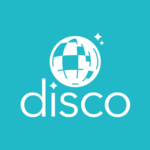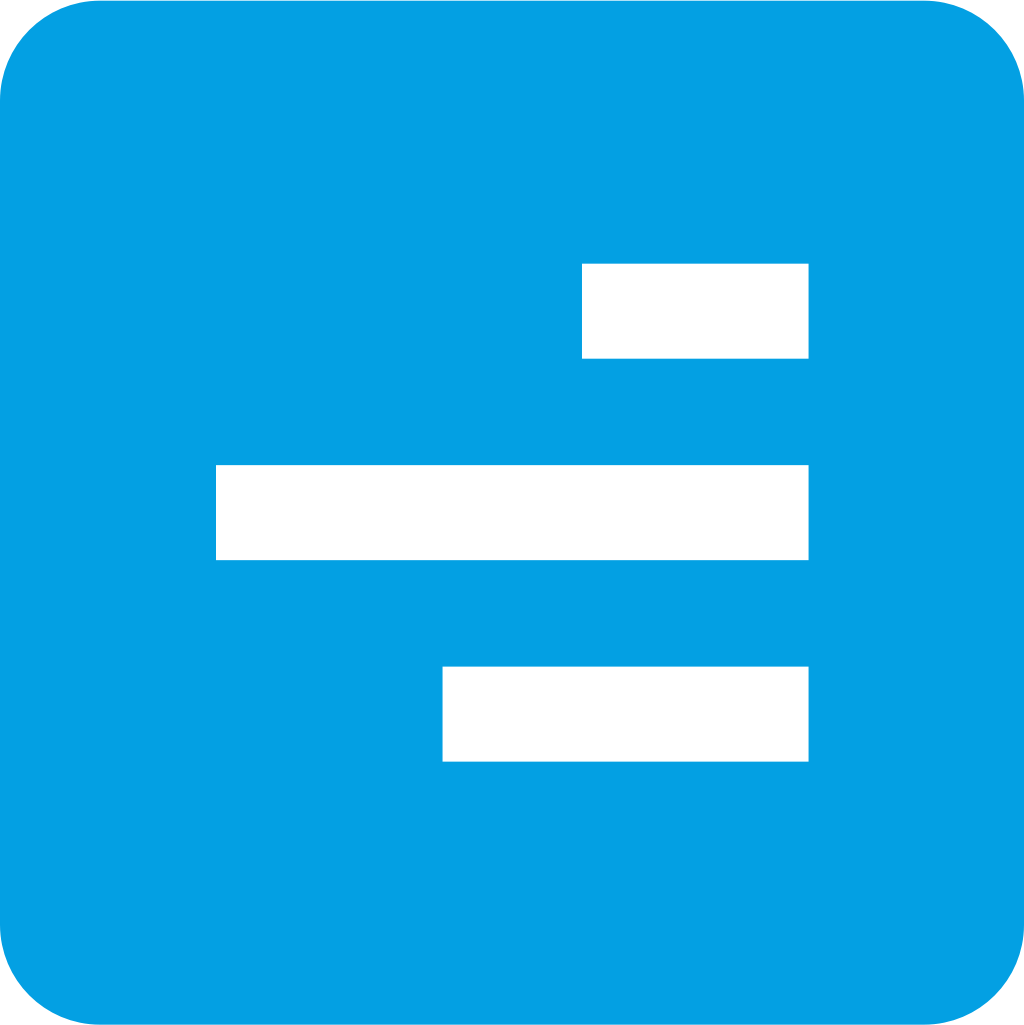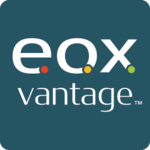Description

disco

Freelo
Comprehensive Overview: disco vs Freelo
Certainly! Below is an overview of Disco and Freelo, though it is important to note that this will be a general summary as there might be specific versions or iterations of these products that could influence their features and market presence.
Disco:
a) Primary Functions and Target Markets:
- Primary Functions: Disco is typically known for providing communication and collaboration platforms. At its core, it might include features like file sharing, task management, team communication channels, and integration with other productivity tools. Depending on the scope, it could also offer video conferencing, real-time collaboration, and project management tools.
- Target Markets: Disco usually targets businesses of varying sizes, from SMEs to larger enterprises that require a comprehensive suite of tools to enhance productivity and streamline their workflow processes. It might also cater to remote teams and organizations focusing on digital transformation.
b) Market Share and User Base:
- As a communication and collaboration tool, Disco’s market share depends significantly on its specific functionalities compared to competitors like Microsoft Teams, Slack, or Zoom. The user base would generally include a variety of industries such as IT, marketing, finance, and education, where efficient communication is crucial.
- Its overall market presence is likely contingent upon its pricing, ease of integration, and unique features that distinguish it from bigger players in the market.
c) Key Differentiating Factors:
- Integration Capability: Disco may offer seamless integration with a wide range of tools used by businesses, enhancing its utility.
- User Interface and Experience: Disco could differentiate itself with a user-friendly interface that simplifies complex workflows, making it more attractive to non-technical users.
- Customization and Flexibility: Offering customized solutions to fit specific business needs could be a significant advantage.
- Security Features: Strong emphasis on data security and privacy might set it apart in industries where this is a top priority.
Freelo:
a) Primary Functions and Target Markets:
- Primary Functions: Freelo is often associated with task management and organizational tools tailored for project management. Some key features might include task tracking, team collaboration spaces, project timelines, progress monitoring, and deadline management.
- Target Markets: Freelo's target market could primarily include small to medium-sized businesses, freelancers, and startups. It would appeal to teams focusing on agile workflows and productivity enhancements.
b) Market Share and User Base:
- Freelo operates in a competitive space alongside tools like Trello, Asana, and Monday.com. Its market share would heavily depend on its pricing model and unique value propositions.
- The user base might primarily include tech startups, creative agencies, and remote teams who need a structured yet flexible project management approach.
c) Key Differentiating Factors:
- Simplicity and Convenience: Freelo might focus on providing a simplified approach to task management, making it easy for users to understand and leverage without extensive training.
- Cost-Effectiveness: Offering competitive pricing and a value-added service to attract budget-conscious organizations could be a differentiator.
- Unique Visual Interface: A visually appealing and intuitive interface that helps teams visualize projects at a glance.
- Adaptability to Various Workflows: Freelo may offer highly customizable templates and features that can adapt to different industry needs and personal preferences.
Conclusion:
While Disco is likely positioned as a broad communication and collaboration platform, Freelo could be more niche-focused on task and project management. The key differentiators often revolve around integration capabilities, user interface design, customization options, pricing, and specific feature sets that appeal to their target markets. Market share between the two would depend on the specific needs of the organizations and how well each product aligns with those needs.
Contact Info

Year founded :
2020
Not Available
Not Available
Canada
Not Available

Year founded :
2019
Not Available
Not Available
Argentina
http://www.linkedin.com/company/freelo-agencia
Feature Similarity Breakdown: disco, Freelo
Analyzing feature similarity between Disco and Freelo, here's a breakdown based on common features, user interface comparisons, and unique features:
a) Core Features in Common
-
Project Management: Both platforms offer tools for organizing and managing projects, such as task lists, scheduling, and milestones.
-
Collaboration Tools: Disco and Freelo facilitate team collaboration through features like comments, file sharing, and group chat or discussion boards.
-
Task Management: Users can create, assign, and track tasks, with options to set priorities and deadlines.
-
Integration Capabilities: Both support integration with third-party applications to streamline workflows, such as calendar apps and other productivity tools.
-
Time Tracking: Each platform offers some form of time tracking to monitor time spent on tasks and projects.
-
Notifications and Alerts: Users can get notifications or alerts about task updates, deadlines, and other important activities.
b) User Interface Comparisons
-
Disco: Generally aims to offer a sleek and visually engaging user experience. It may prioritize aesthetic and simplicity that appeals to creative teams or those who value design in their project management tools.
-
Freelo: Typically focuses on a more functional interface with practical design features that emphasize ease of navigation and usability. It may present more detailed project data and analytics upfront.
Both platforms aim for a user-friendly interface but may differ in their approach to design and functionality, with Disco potentially offering a more modern, design-oriented aesthetic and Freelo offering a straightforward, efficient workspace.
c) Unique Features
-
Disco: Might feature advanced integration with tools popular in creative industries or unique visualization tools that appeal to teams needing design-centric project tracking or reporting systems.
-
Freelo: Could include specific features catering to detailed team performance analytics or client-focused project tracking, as well as local integrations popular in certain regions.
These differences can make one product more appealing over the other depending on the specific needs of a user or organization, such as a preference for design vs. functionality or specific third-party integrations.
Features

User Experience
Collaboration Tools
Integration

Project Management
Reporting & Analytics
Collaboration Tools
Resource Management
Best Fit Use Cases: disco, Freelo
To describe the best fit use cases for Disco and Freelo, it’s essential to understand the core functionalities and target audiences of these platforms. Here's a detailed breakdown:
Disco
a) For what types of businesses or projects is Disco the best choice?
Disco is primarily focused on enhancing company culture and employee engagement through recognition and feedback mechanisms. It is especially suited for:
- Medium to Large Enterprises: Organizations with a significant number of employees who aim to maintain and boost engagement and morale across teams.
- Remote or Hybrid Teams: Companies with distributed workforces can leverage Disco to build a cohesive team environment virtually.
- Human Resource Departments: As a tool to support HR initiatives around employee appreciation, peer recognition, and culture-building activities.
- Project-based Teams in High-turnover Industries: Industries such as technology or creative services, where employee retention and satisfaction are critical to maintaining productivity and innovation.
b) In what scenarios would Freelo be the preferred option?
Freelo is a project management tool with a focus on task management, collaboration, and productivity tracking. It is better suited for:
- Small to Medium-sized Businesses (SMBs): Freelo offers an intuitive project management approach that is scalable for smaller teams or departments.
- Project-heavy Environments: Companies that manage multiple client projects can benefit from Freelo's ability to streamline task allocation and monitor progress efficiently.
- Creative Agencies and Freelancers: For teams or individuals involved in continuous project cycles, seeking a centralized platform to manage deadlines and client communications.
- Startups: Young companies looking for cost-effective solutions to manage their growing project portfolios while fostering team collaboration.
d) How do these products cater to different industry verticals or company sizes?
-
Industry Verticals:
- Technology and Software Development: Disco's integration with communication platforms enhances team dynamics, while Freelo's task management features fit agile project management needs.
- Marketing and Creative Services: Disco can be used to spur creativity through rewards, while Freelo offers agencies a way to manage campaigns and deliverables seamlessly.
- Consulting Firms: Both platforms can adapt; Disco for maintaining team morale and Freelo for managing complex client engagements.
-
Company Sizes:
- Small Enterprises: Freelo’s simplicity and ease of use make it ideal for smaller teams needing robust project management without overwhelming complexity.
- Medium Enterprises: Disco is effective for organizations with enough structure to benefit from formal recognition programs but still small enough for cultural shifts to be quickly impactful.
- Large Corporates: Disco’s scalability is beneficial for large organizations looking to maintain a consistent culture across global locations, whereas Freelo might serve smaller departments or teams within such corporates.
In summary, while Disco focuses on employee engagement and culture, Freelo emphasizes project management and efficiency. The choice between the two hinges on a company’s primary need—whether fostering a strong company culture or optimizing task management and collaboration.
Pricing

Pricing Not Available

Pricing Not Available
Metrics History
Metrics History
Comparing teamSize across companies
Conclusion & Final Verdict: disco vs Freelo
To provide a well-rounded conclusion and final verdict on the comparison between Disco and Freelo, let’s delve into their value propositions, pros and cons, and some specific recommendations for potential users.
a) Best Overall Value:
Determining the best overall value between Disco and Freelo largely depends on what the user prioritizes: functionality, cost, scalability, or user experience. However, if we consider a broad perspective that includes pricing, features, ease of use, and customer support, the overall value can be delineated as follows:
- Disco generally tends to offer robust features that cater specifically to businesses looking for comprehensive community management tools. It might provide more extensive capabilities in areas such as user interactions, analytics, and customization.
- Freelo, on the other hand, may cater to users looking for project management and team collaboration. It typically offers straightforward tools designed for productivity enhancement and streamlined communication at possibly competitive pricing.
Thus, the best value is subjective and reliant on specific needs. If community management and in-depth user engagement are priorities, Disco might edge out. Alternatively, if project management simplicity and cost-effectiveness are key, Freelo could be the better choice.
b) Pros and Cons:
-
Disco:
- Pros: Robust features for community engagement, strong analytics, high customization, great for scaling large member bases.
- Cons: Potentially higher cost, steeper learning curve, may include features not necessary for smaller teams or projects lacking a community focus.
-
Freelo:
- Pros: User-friendly, cost-effective, focuses on essential project management tools, ideal for small to medium teams.
- Cons: May lack in-depth features for expansive community management, fewer customization options, could be limiting for highly complex projects.
c) Specific Recommendations:
-
For Users Prioritizing Community Engagement: If your primary need is to manage a large community with active interaction, detailed insights, and personalized user experiences, Disco would likely serve you better, despite its potentially higher costs and complexity.
-
For Users Focusing on Team Collaboration and Task Management: If you're looking for a straightforward solution to enhance productivity, manage tasks efficiently, and foster team collaboration without breaking the bank, Freelo is a suitable choice. It’s especially fitting for startups or small businesses.
-
Scalability Consideration: Users planning for long-term growth should assess whether the platform they choose will scale with their needs. Disco might have a slight advantage here for businesses anticipating substantial community growth.
In conclusion, while Disco offers powerful tools for community-focused organizations, Freelo stands out with its simplicity and project management capabilities. The decision should ultimately align with the specific goals, size, and budget of the user or organization. It is beneficial to trial each platform, if possible, to experience firsthand how well the solution integrates with your workflows and meets your operational expectations.
Add to compare
Add similar companies



